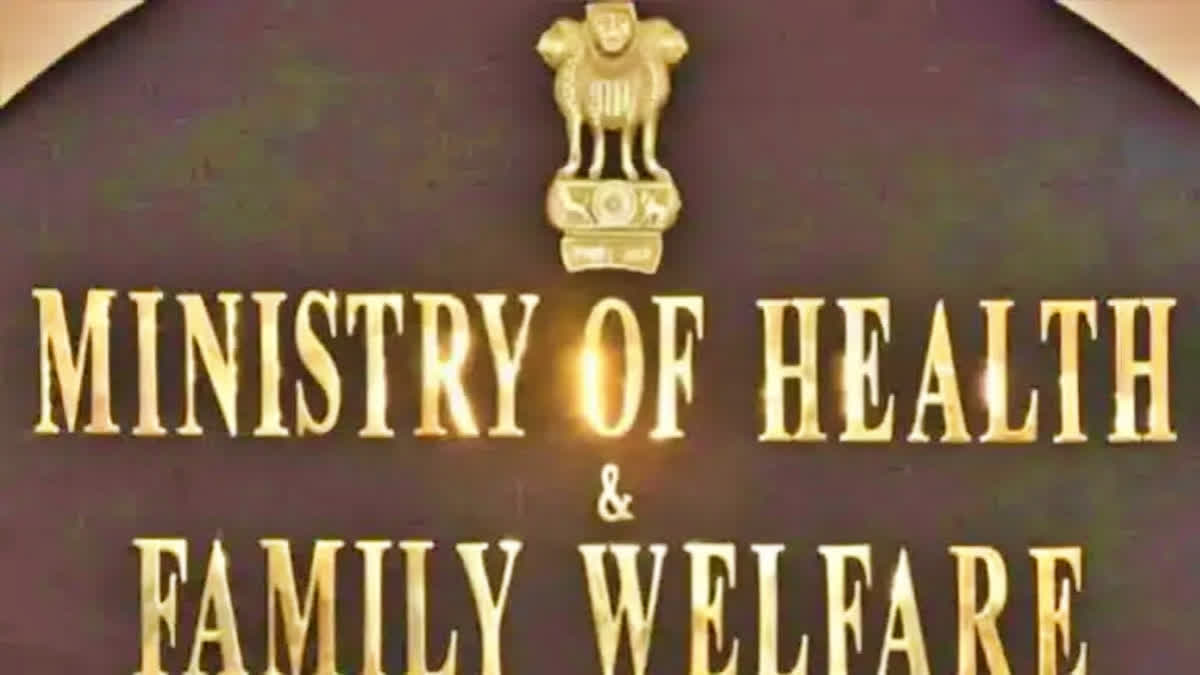New Delhi: Being aware of the outbreak of H9N2 (Avian influenza virus) in China, the Union Health Ministry has asked directorate general of health service (DGHS) and Indian Council of Medical Research (ICMR) to keep close watch and take all required steps to avert its wide scale transmission in India.
“We have seen what happened during the Covid19 pandemic. It was China where Covid19 was detected first. Keeping that in mind, we are not taking any stone unturned,” a senior official in the health ministry told ETV Bharat on Wednesday. He said that although no H9N2 case has been detected in India as of now, “We have asked all the State government and UTs to remain alert to face any situation and gear up their health care system.”
The spread of the new virus has already hit several schools in China, but the government claims that no unusual or novel pathogens have been detected yet. Most of the cases have been reported in children and the surge has sparked a rush to hospitals.
“We are aware of the development that is happening in China. However, there is no need to worry. We are taking all necessary steps required to tackle the situation,” said Dr VK Paul, member Niti Aayog (health) to this correspondent.
He said that every year India witnesses influenza among children. “The government is well aware of the situation and we have asked all the State governments as well to start a massive awareness campaign in this direction,” said Paul.
China’s National Health Commission reported about an unknown pneumonia on November 13. Since then, there has been a spike in cases, most of them resulting in hospitalisations. However, the situation came into the spotlight when the World Health Organisation (WHO) asked China for more information on the matter.
The WHO has asked for additional epidemiologic and clinical information, as well as laboratory results from these reported clusters in China among children, through the International Health Regulations mechanism.
Issuing an alert, State governments including Rajasthan, Karnataka, Gujarat, Uttarakhand, Haryana, and Tamil Nadu have asked hospitals and healthcare staff to ensure preparedness to tackle patients complaining of respiratory issues.
“People with chronic diseases are advised to consult doctors if they suffer from symptoms such as fever, runny nose, cough and difficulty breathing,” said Dr Tamorish Kole, past president of Asian Society for Emergency Medicine (ASEM). Asserting that the virus can also spread from animals, Kole said that people should minimize contact with animals especially in areas known to be affected by animal influenza viruses, including farms.



